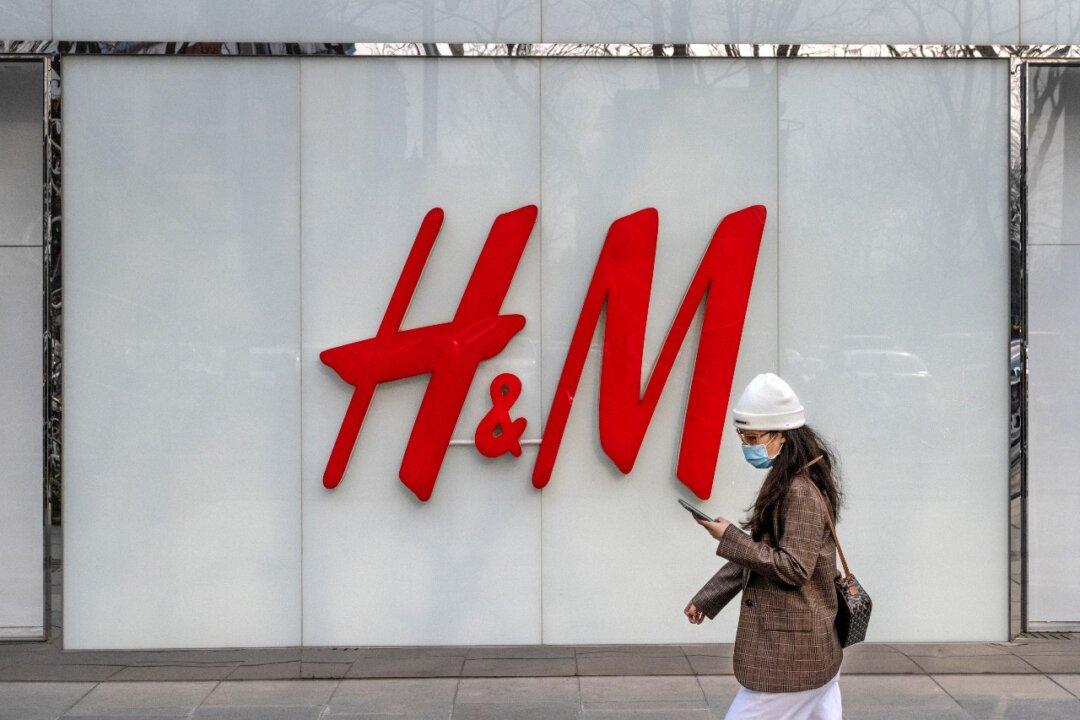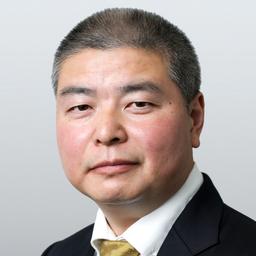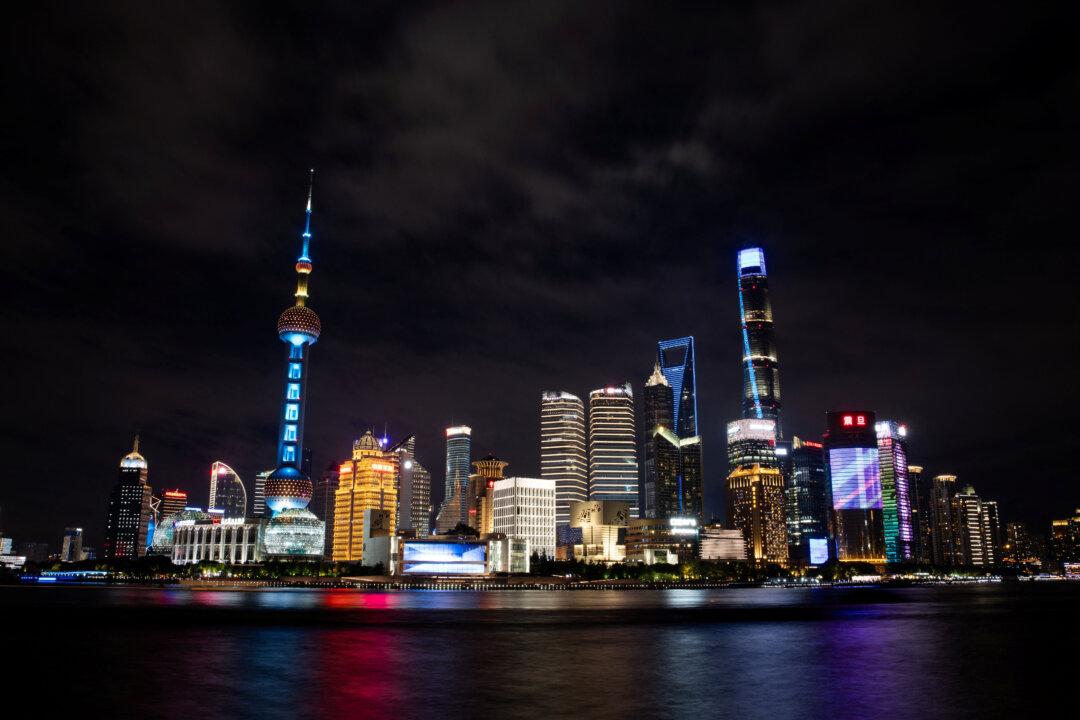Commentary
The H&M boycott instigated by the Chinese Communist Party (CCP) caught the world’s attention, but it was only one of the many instruments of economic coercion. In fact, the global economic damage caused by the CCP’s rapid rise as the world’s second largest economy has long been seriously underestimated—whether consciously or unconsciously. How to effectively deal with the CCP’s economic coercion has already become a great challenge for the world. This is a big topic, but I will only discuss two aspects of the issue.





